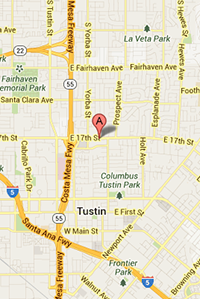Feeling Blue?
We all know how reliant we’ve become on our technology. We’re addicted to our cell phones, we can’t make a living without our computers, and we all want to have the most modern and up-to-date equipment. But how does this affect our health?
When I was busy playing Oregon Trail sometime in the 5th grade on my first computer, I never thought that something as seemingly harmless as the light from the screen could have such a ripple effect on our overall health. And yet according to the American Optometric Association it can not only affect our vision, but also our overall systemic health.
We spend increasingly more time glued to some sort of blue light producing technology. In fact, more than half of us in the modern world are spending more than 5 hours a day staring at a screen. With that comes an increase in eye strain. It also allows more of the free radicals associated with retinal injury to enter the eye (think about what tanning beds do to the skin). This can age our eye more quickly and may account for many of the age-related vision problems in younger patient groups. Blue light has also been associated with issues sleeping, from decreased sleep to less affective rest while sleeping. And while blue light might not have direct systemic influence, the dysfunctional sleep cycle can be linked to other issues, such as diabetes and some forms of cancer.
As health care professionals, it is important for us to be aware of the things that can not only affect the health of our patient’s eyes, but also their health overall. With that, it is important for us to do what we can to alleviate the issues as necessary, such as provide the various lenses and filters available to filter out blue light. The iPhone will even allow you set times where it will reduce the amount of blue light coming from the screen before you go to bed!
Blog contribution by Amy Pham, Optometry Intern, College of Optometry, Western University of Health Sciences.




